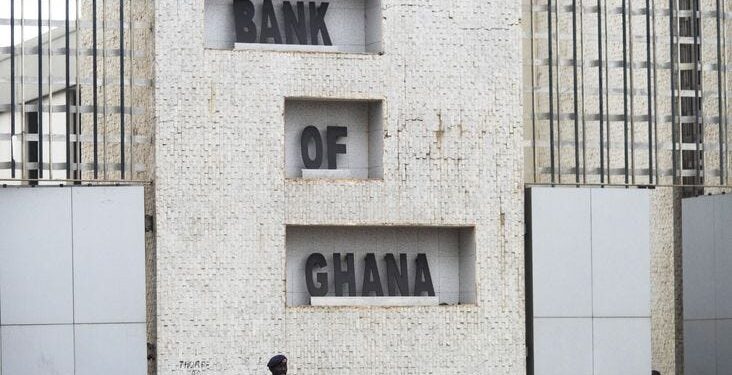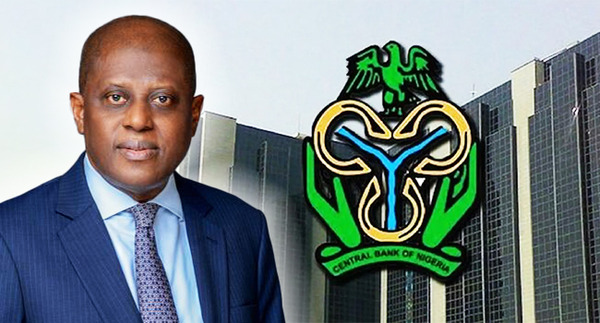
The Bank of Ghana has sharply lowered its policy interest rate to 18 per cent, cutting by 350 basis points at its latest Monetary Policy Committee meeting. The reduction marks the third major rate cut this year, following earlier reductions per cent in July and 1 per cent in September.
Governor Johnson Asiama said the decision reflects improved macroeconomic conditions, with inflation falling rapidly and real interest rates becoming unsustainably high. The central bank projected that inflation would remain stable around its target range well into the first half of 2026. Ghana’s disinflation story has been remarkable. After soaring above 54 per cent in late 2022, inflation gradually eased and returned to the central bank’s target band of 6 to 10 per cent by September 2025. By October, consumer inflation had dropped further to 8 per cent, the lowest level in more than 4 years.
A stronger local currency has helped. Gains in global gold prices, important for Ghana as one of Africa’s biggest gold producers, have boosted external buffers. That, in turn, helped stabilise the currency, moderate import costs, and reduce broader price pressures.
The rate cut is expected to ease borrowing costs for commercial banks, potentially leading to cheaper credit for businesses and households. For many analysts, this move signals a shift from a strictly tight monetary policy to one more geared toward supporting growth, investment, and economic recovery.
With inflation finally under control and macroeconomic fundamentals improving, Ghana could be charting a course toward more stable growth in 2026.
READ MORE: Niger Sends 82-Tanker Fuel Convoy to Mali to Ease Critical Shortages
About The Author
Related Articles
Tinubu Follows Gumi’s Lead as Nigeria Signs Turkey Defence Deal, Fueling Speculation Over Who Really Controls the Country’s Security Policy
Nigeria’s diplomatic and security strategy is once again under scrutiny after a...
ByWest Africa WeeklyJanuary 28, 2026Burkina Faso President Ibrahim Traoré Reviews 2025 Achievements, Sets Ambitious Agenda for 2026
Burkina Faso’s President, Ibrahim Traoré, has described 2025 as a year of...
ByWest Africa WeeklyJanuary 28, 2026Mali Says Reports of New Three-State Sahel Currency Are False but Talks Continue on Economic Integration
Mali’s government has rejected claims that it and its neighbours, Burkina Faso...
ByWest Africa WeeklyJanuary 28, 2026CBN Upgrades Opay, Moniepoint, Kuda and Others to National Licences
The Central Bank of Nigeria has upgraded the operating licences of several...
ByWest Africa WeeklyJanuary 28, 2026













Leave a comment